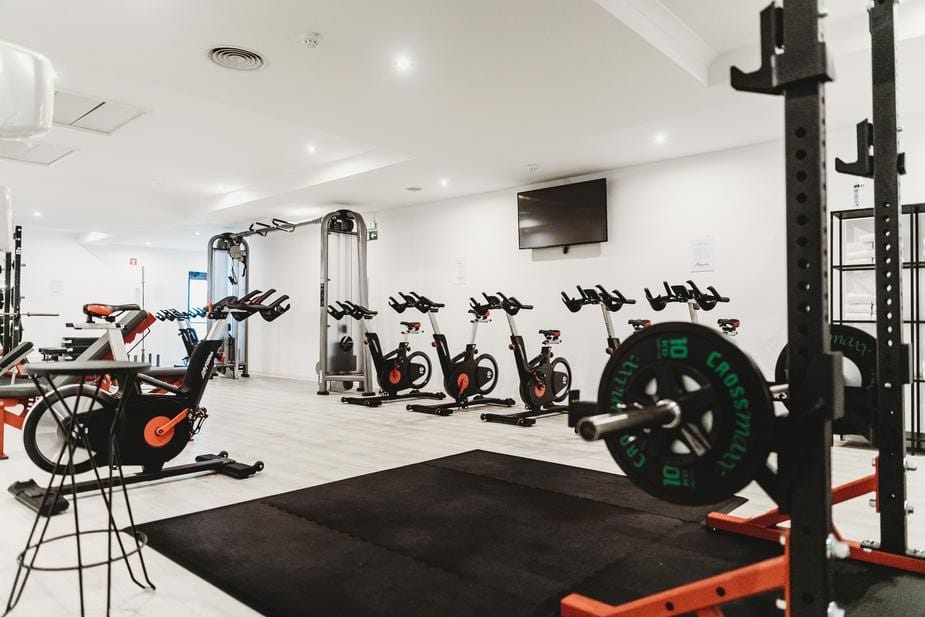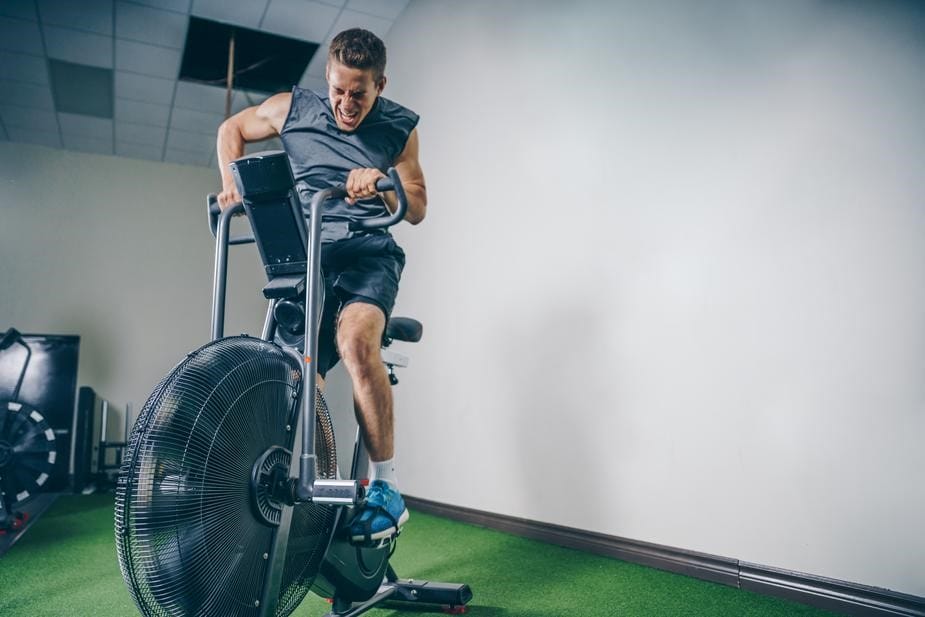
Sports nutrition is essential for anyone looking to improve performance, enhance recovery, and achieve fitness goals. Understanding the basics of proper nutrition can make a significant difference in your athletic journey. This article will explore the fundamental principles of sports nutrition, offering practical tips for beginners.
1. Understand Macronutrients
Macronutrients are the nutrients your body needs in larger amounts: carbohydrates, proteins, and fats. Each plays a crucial role in fueling your body and supporting performance.
- Carbohydrates: These are the primary energy source for athletes. They provide the fuel necessary for both endurance and high-intensity workouts. Incorporate whole grains, fruits, and vegetables into your meals for sustained energy.
- Proteins: Essential for muscle repair and growth, protein is vital after workouts. Include sources like lean meats, fish, eggs, dairy, legumes, and plant-based proteins in your diet to support recovery.
- Fats: Healthy fats are crucial for hormone production and overall health. Focus on sources such as avocados, nuts, seeds, and olive oil. Remember, fats should be consumed in moderation, as they are calorie-dense.
2. Hydration is Key
Proper hydration is critical for optimal performance. Dehydration can lead to fatigue, decreased coordination, and impaired recovery.
- Water Intake: Aim to drink plenty of water throughout the day, especially before, during, and after workouts. A general guideline is to consume at least half your body weight in ounces of water daily.
- Electrolytes: During intense or prolonged exercise, consider replenishing electrolytes lost through sweat. Sports drinks or electrolyte tablets can be helpful, but be mindful of added sugars.
3. Timing Your Meals
When you eat can be just as important as what you eat. Meal timing can enhance performance and recovery.
- Pre-Workout: Aim to eat a balanced meal or snack rich in carbohydrates and moderate in protein about 1-3 hours before exercising. This fuels your workout and prevents energy dips.
- Post-Workout: After exercising, focus on consuming protein and carbohydrates within 30-60 minutes to aid recovery. This can be a protein shake, a yogurt with fruit, or a balanced meal.
4. Listen to Your Body

Every individual has unique nutritional needs based on their activity level, metabolism, and personal goals. Pay attention to your body’s signals and adjust your nutrition accordingly.
- Energy Levels: If you feel fatigued or sluggish, you may need to increase your carbohydrate intake. Conversely, if you’re feeling too full or gaining unwanted weight, consider adjusting portion sizes.
- Hunger Cues: Don’t ignore hunger signals. Regular meals and snacks throughout the day can help maintain energy levels and prevent overeating later on.
5. Plan and Prepare
Planning your meals can help ensure you meet your nutritional needs.
- Meal Prep: Set aside time each week to prepare meals and snacks. This makes it easier to stick to your nutrition plan and avoid unhealthy food choices.
- Healthy Snacks: Keep nutritious snacks on hand, such as fruits, nuts, yogurt, or whole-grain bars. This helps curb hunger and provides energy between meals.
Conclusion
Understanding the basics of sports nutrition is essential for anyone looking to enhance their athletic performance. By focusing on macronutrients, staying hydrated, timing your meals, listening to your body, and planning ahead, you can effectively support your sports goals. Remember, nutrition is a journey, and making gradual, sustainable changes will yield the best results over time. Embrace the process, stay committed, and enjoy your path to better performance!
 How to do a warm-up correctly: 3 favorite exercises of the top rider Red Bull Ice Cross
How to do a warm-up correctly: 3 favorite exercises of the top rider Red Bull Ice Cross How does an evening jog affect well-being and sleep quality?
How does an evening jog affect well-being and sleep quality? Aerobics. Is it worth starting training?
Aerobics. Is it worth starting training? What are the features of strength training with homemade equipment?
What are the features of strength training with homemade equipment? Aikido and the female sex: why do they need it?
Aikido and the female sex: why do they need it? Why do you need a car wheel in the gym?
Why do you need a car wheel in the gym?
Reviews
Kymani Coleman
Your blog always brings me something new. Keep up the good work!
Caio Adamson
You somehow manage to fill each post with a radiance of positivity and joie de vivre. It's just a magnetism that you can't tear yourself away from! I'm shocked!